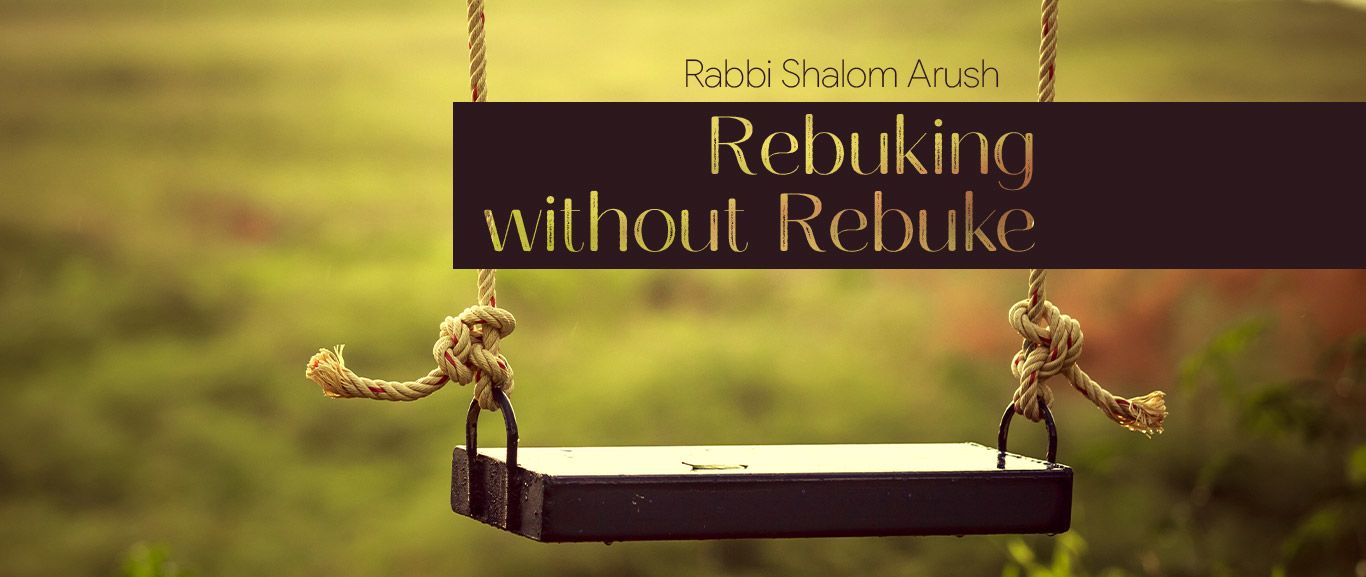
Rebuking without Rebuke
Learn from Joseph to teach your children emuna so they realize how much you love them, and how much Hashem loves them, and how wonderful it is to serve Hashem.

In the portion of Vayechi, the Torah describes a discussion between Joseph and his brothers after the death of our forefather Jacob. The brothers were concerned about the revenge Joseph might inflict on them, and they fell at his feet begging him not to pay them their just due.
We see from here that the brothers didn’t even begin to understand who Joseph really was. They didn’t at all realize that they were dealing with a giant in emuna. I have mentioned this many times, but now I want to focus on what we can learn from Joseph’s response to his brothers, and all of his conduct towards them.
The brothers made a grave mistake when they sold Joseph and they needed to correct it and do teshuva (repent). Joseph, “the man of vision,” planned out a scenario with deep wisdom in order to inspire them to do teshuva. He anticipated their arrival to Egypt and awaited them in the most calculated fashion.
He created a situation in order to inspire them to realize their mistake. At first glance it seems to be successful, and they say “We are guilty regarding our brother…” However, it wasn’t even close to being complete repentance. We know from many sources that the sin of Joseph’s sale still has not been corrected.
If Joseph had told his brothers: “You were wrong, you must repent!” – it wouldn’t have helped. They would have only been asking forgiveness out of fear since he was the ruler of the world, and not because they sincerely and truthfully acknowledged their mistake. We see that the brothers were motivated only by their imaginary fear of Joseph‘s revenge, and not out of recognizing the terrible sin they committed. Joseph didn’t want this teshuva from fear alone, because it isn’t returning in complete repentance.
Teshuva with Emuna
The brothers are petrified of Joseph’s revenge, and his response is to cry in sorrow: “Is it really possible for me to harm you?! Am I G-d?! If Hashem doesn’t want you to be hurt – I cannot do anything; and if Hashem wants harm to come to you, G-d forbid – what does He need me for?”
This is an incredible outlook on reality. This man rulers over the entire world and has unlimited power, yet he lives to perfection the reality that he has no power on his own!
Joseph then rebukes the brothers, adding: “You did not succeed to harm me at all, because Hashem didn’t want me to be harmed! If this is true, how can I myself harm you?”
Joseph gave his brothers a deep lesson in emuna. Joseph really told them: “The biggest mistake you made is that you thought you could hurt me. You made a mistake in emuna. The truth is that you never had the power to do anything to me against the will of Hashem, and similarly, I too have no power to do anything to you!”
Joseph was essentially saying that everything that the brothers did was for the best, because it brought him to his greatness. Everything, Hashem really did! As it says, “You didn’t sell me here, only Hashem.” Their real sin was in the belief that they could do something without Hashem, and for that sin, they had to fully repent!
The Wrong Address
At that moment, the brothers should have realized that they were at the wrong address. They fell at Joseph’s feet instead of falling at Hashem’s feet. Only G-d has the power to help or harm. If so, who should they be pleading with? Only Hashem. From whom should they have asked forgiveness? Only from Hashem.
If they were going to beg Joseph for something, it should have been that he should teach them emuna! They should have begged to learn how to live at his high level of emuna, and the secret to how he overcame all of his trials! How did he emerge from a pit full of snakes and scorpions alive and whole? How did he not despair in the pit of jail? How was he able to remain a bastion of holiness all those years, alone in the impurity of Egypt?
Ignoring the Hints
The brothers should have made a simple calculation: Nimrod threw Avraham our father into a furnace of fire – Hashem did not want him harmed and the fire didn’t burn him. The people wanted to destroy Noah’s ark, but Hashem sent bears and lions to fend them off. There are many more examples as well. Hence, if they decided that Joseph was troublesome and damaging – they should have had emuna and prayed, instead of taking the matter into their own hands. Hashem has many messengers.
But the brothers didn’t realize this truth – not before they sold him, not after he revealed himself as their brother, and not even after they see that instead of anger and revenge, he is full of emuna and personally worries about their well-being. Even with all of Joseph’s attempts, they still didn’t understand the lessons in emuna he tried to teach them, instead, they just tried to get rid of the threat hovering over their heads… and this failure has caused us untold suffering for generations.
However, let’s learn the truth from Joseph! Even more, let’s learn from Joseph that the real way to inspire others to repent and return to Hashem is with emuna! Rebuking and criticizing others over their mistakes won’t achieve the real goal that they should realize their mistake and want to change. It will only make them repent out of fear of punishment, which is only superficial.
Hashem wants us to realize that the real punishment for sin is the evil path itself with all its negative consequences, and the sweetest and best thing in the world is to return in repentance.
Hence, we need to learn from the tzaddikim who do not reprimand and rebuke others over their sins. Rather, they teach emuna and how to properly serve Hashem. They help people realize just how precious they are to Hashem, and that they are loved. They show others how sweet and pleasant it is to serve Hashem, and how good Hashem is. Automatically, people become filled with passion and enthusiasm to come close to Hashem and they truly desire to live according to Hashem’s will. Then, they do teshuva from love and daat (holy knowledge), not fear of punishment.
If this is true for every person, then it is especially true of our children! Children naturally want to please their parents and make them proud. Learn from Joseph to teach your children emuna and help them realize how much you love them, and how much Hashem loves them, and how wonderful it is to serve Hashem. Then they will want to improve out of love and desire, and not because they are afraid of punishment.
Hashem should enable all of us to do teshuva from love!





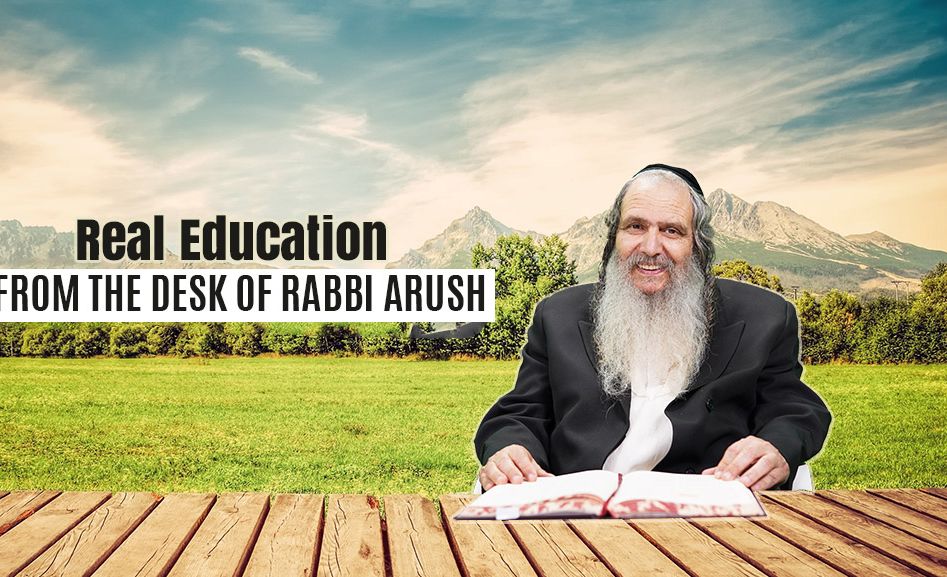
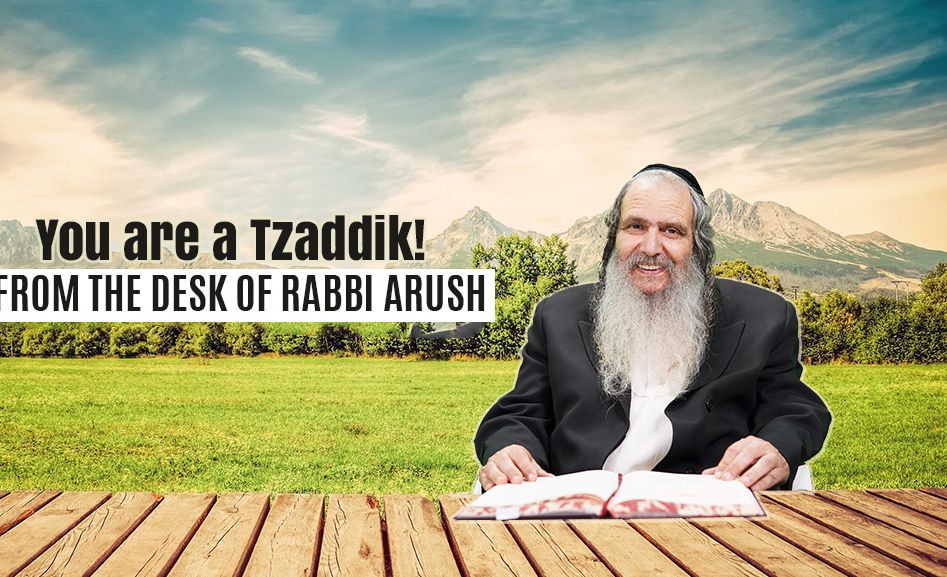
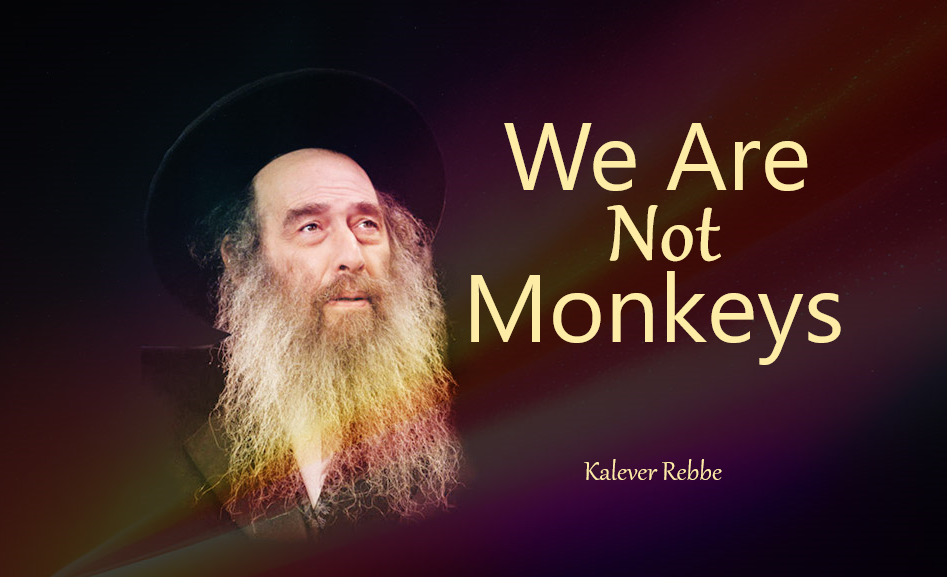


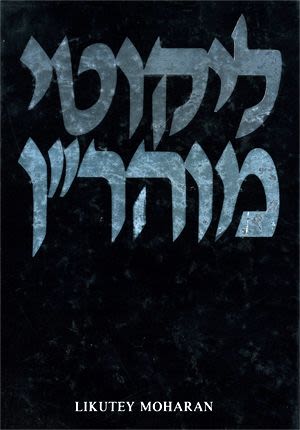

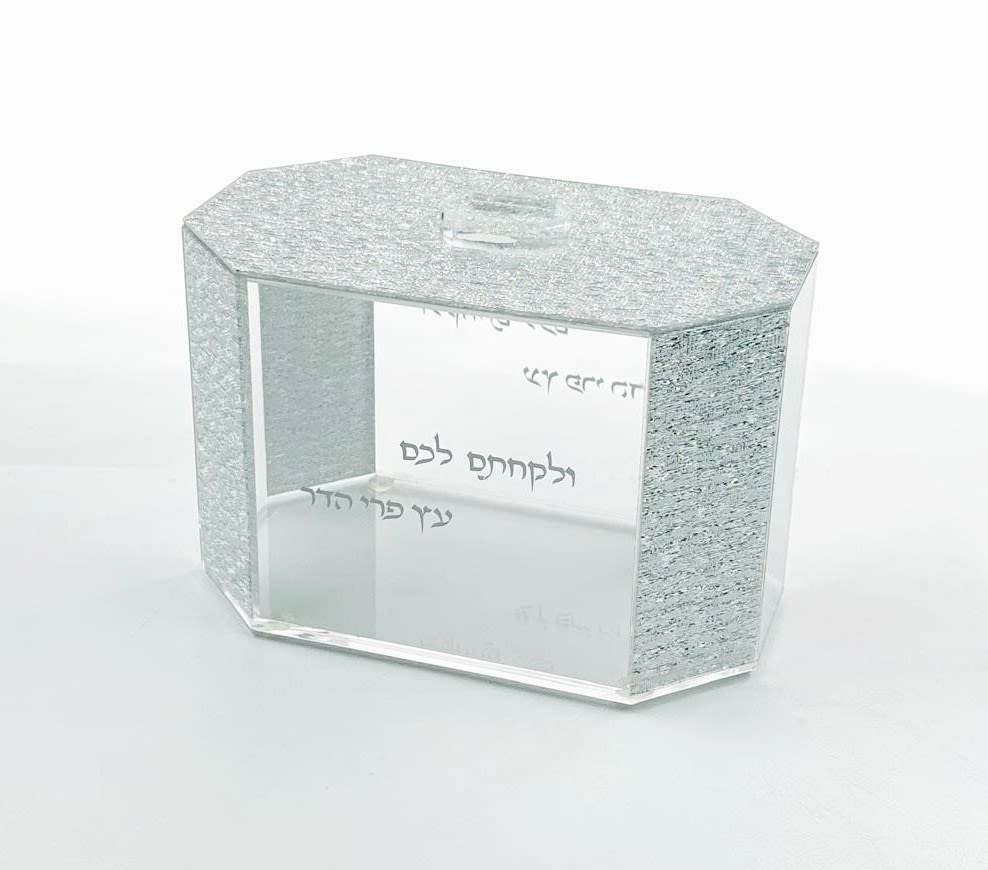
Tell us what you think!
Thank you for your comment!
It will be published after approval by the Editor.